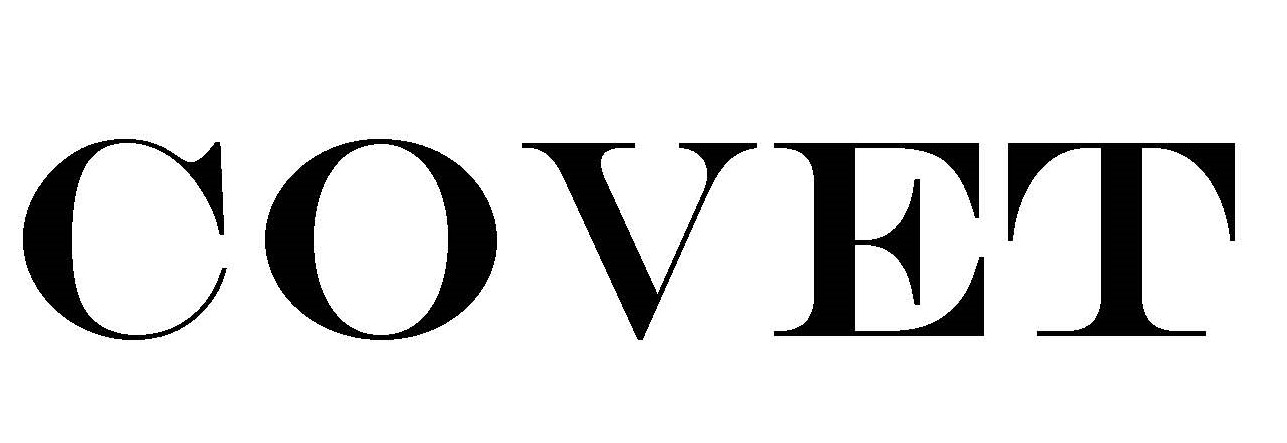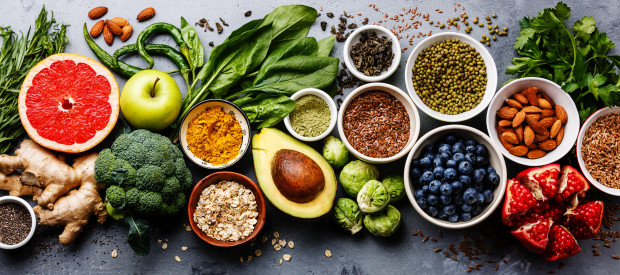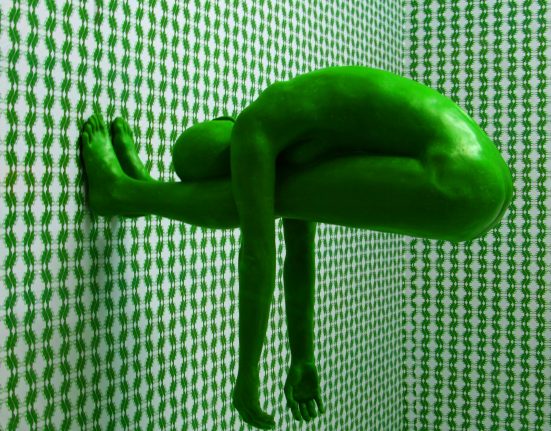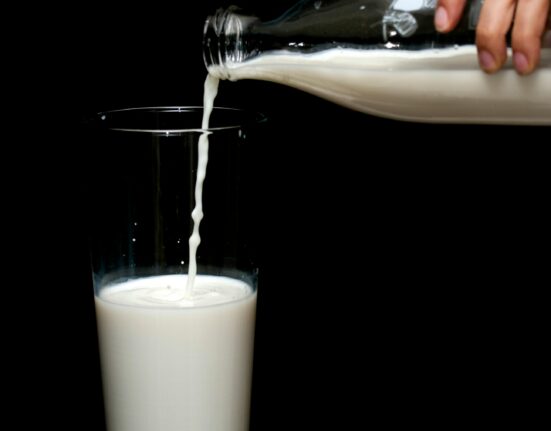Detox Diet and Clean Eating is the trend of ‘eating clean’, yes we love fashion trends, latest beauty hacks and what and who goes on in the entertainment industry but looking after what goes inside our body is equally important. So we decided to look for the latest eating habit : ‘Clean Eating’
Diets belong to the past and now the watchword is wellness. But despite the clean eating and detox revolution being labeled as aimed at ‘health’, weight loss and aesthetic factors continue to be part of the subliminal message. We have examined this new form of diet that is already a multi-billion dollar business.
Diets are out of fashion , or at least that’s what you hear around but, apparently, the wellness revolution has other programs. In 2018, Euromonitor reported that foods classified ethically as “healthy” were estimated to be a global business valued at $ 45.9 billion . Whether it is actually a re-branding of diet foods?
“The Atkins diet , the grapefruit diet, SlimFast : the 80s and 90s saw the first wave of dietary culture even if its origins are to be found even earlier. ‘ Clean eating ‘ (i.e eating clean), gluten-free and alkaline diet : this is the second wave, explains Laura Thomas PhD, nutritionist and supporter of wellness philosophy . A brief overview of this second wave could be summarized in these terms: alkalization (ie eating foods with an alkaline pH in order to counteract the effects of acidic foods); low glycemic index (foods with a low fat and sugar content); paleo diet (based on the diet of the caveman, which means whole foods rather than industrial and processed foods); ketogenic diet – or keto – (low carbohydrate content, high fat content) and intermittent fasting (with plans ranging from the 5: 2 diet to fasting to alternating days). Although each of these diets promises a better state of health, they all basically seem to be linked to a form of calorie restriction which, put simply, means weight loss.
Even environmental issues can be linked to the culture of the diet, even if incognito. “I think the sustainable vegan diet is quite complicated, ” says Thomas. “On the one hand we have this enormous, and certainly valid, wave of interest in the environment but, at the same time, some people might decide to adopt this type of diet to hide a eating behavior disorder . There is no more effective method of limiting the amount of food consumed than saying ‘I don’t eat dairy or meat’ or ‘I only eat locally produced foods’ “.
How healthy is the clean eating diet?
There is a series of conflicting messages on clean eating and health. Obesity is on the rise : in 2017, the World Health Organization reported that worldwide obesity had almost tripled since 1975 and, this July, a Cancer Research UK survey put obesity before smoking between the causes responsible for cancer . In response, the media and health organizations are promoting the principles of a healthy and balanced diet and this has inevitably led to gaining ground even in emerging food trends.
“With the new research and the removal of the term ‘diet’, the sector is distancing itself from this label. The companies that specialize in diets have been renamed in favor of ‘a lifestyle change ‘, ”says Christy Harrison, anti-diet nutritionist and host of the Food Psych podcast . “Connected with the spread of obesity, this change has taken the form of a real moral panic. The rise of the rhetoric that obesity is killing us works great for the diet industry. Now we don’t have to worry about aesthetics but health, ”continues Harrison. “Current trends appropriately conceal aesthetic aspirations. However, it is still a diet culture that promotes weight loss but does so using a different term. “
What is the connection between healthy eating and body image?
Although body positivism is now a popular movement, society continues to attach enormous importance to body image. “If you told someone that they wanted to lose weight for health reasons, that they could improve it without losing a single kilo, would they be interested ? When you go to investigate in depth, you find that, more often than not, the reason you want to lose weight is aesthetic, “says Harrison.
The focus on the outward appearance is so rooted in our lifestyle that it has become almost instinctive. ” We care about how we look because for so long the outward appearance has been the key to success , love, acceptance, a sense of belonging, and everything that is part of modern human experience,” explains Harrison . “Despite being advertised as health-oriented, wellness programs are illustrated by skinny, disability-free models. OK, maybe they are slightly more muscular , slightly less emaciated than a few decades ago, but the look is that. And the images continue to be inspirational . “
Thomas claims that there is a link between this new wave of wellness , perceived health and comfort. “This intersection between wellness culture and privilege has a lot to do with the intrinsic social signals in choosing not to eat. What we say is: ‘I am so well-off that food is not something to focus on, which means I don’t need to think about it’ . Meanwhile, the obesity epidemic is believed to mostly concern the less wealthy class. Those who enjoy a greater (financial) privilege can afford to buy these powders and vials to emphasize their ‘healthier’ lifestyle, “says Thomas.
What is the best approach to healthy eating?
Adopting an intuitive power supply is a good first step, explains Thomas. Start by listening to your body’s signals to identify when you are hungry and when you are full. Enjoy the food without attaching labels such as ‘clean’, ‘good’, ‘harmful’ or ‘sgarro ‘. Also pay attention to those you follow on social media: make them positive and inspirational environments rather than a minefield made up of a concept of conflicting wellness and a culture of diet.
Laura Thomas dispels 4 trends of ‘clean eating’:
1. Detox
“The liver is the nerve center of detoxification; the same applies to the kidneys . We detoxify when we go to the bathroom, when we breathe … Our own skin is a detoxification system. There is no such thing as green juice to eliminate toxins from the body “.
2. Alkaline diet
“The main premise of this diet is to change the pH of our body . But if we changed our body’s pH, enzymes would be deactivated , potentially leading to coma and ultimately death. It is clear, therefore, that there was a big misunderstanding about how this diet was sold “.
3. Bowel health
“I certainly don’t want to trivialize serious medical problems like inflammatory bowel diseases. What worries me is the fact that people suddenly decide to eliminate (and then reintroduce later) certain food categories. The intestinal bacterial flora is stimulated in the presence of a new substance, which often leads to bloating and bloating. This is then wrongly labeled as an abnormal reaction to a certain particular food when in reality it is simply an adaptation of our body . And therefore of something absolutely natural. “
4. Skin health
” There is very limited evidence of a relationship between diet and skin problems . Currently this correlation is weak and cannot account for most cases of acne , for example. This is, once again, something that has been over-promoted pushing some people to adopt a very restrictive diet . If you have skin problems, contact a dermatologist . Eliminating food categories certainly doesn’t have to be the first thing to try to solve these problems. “






